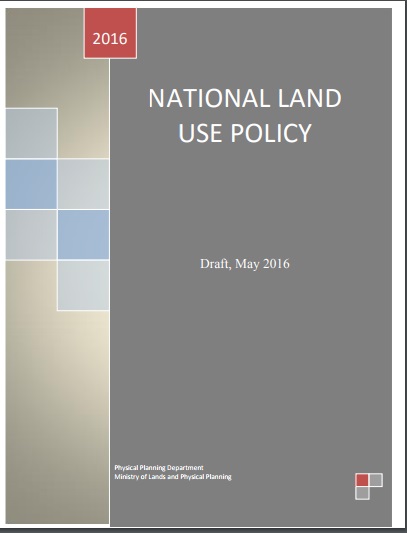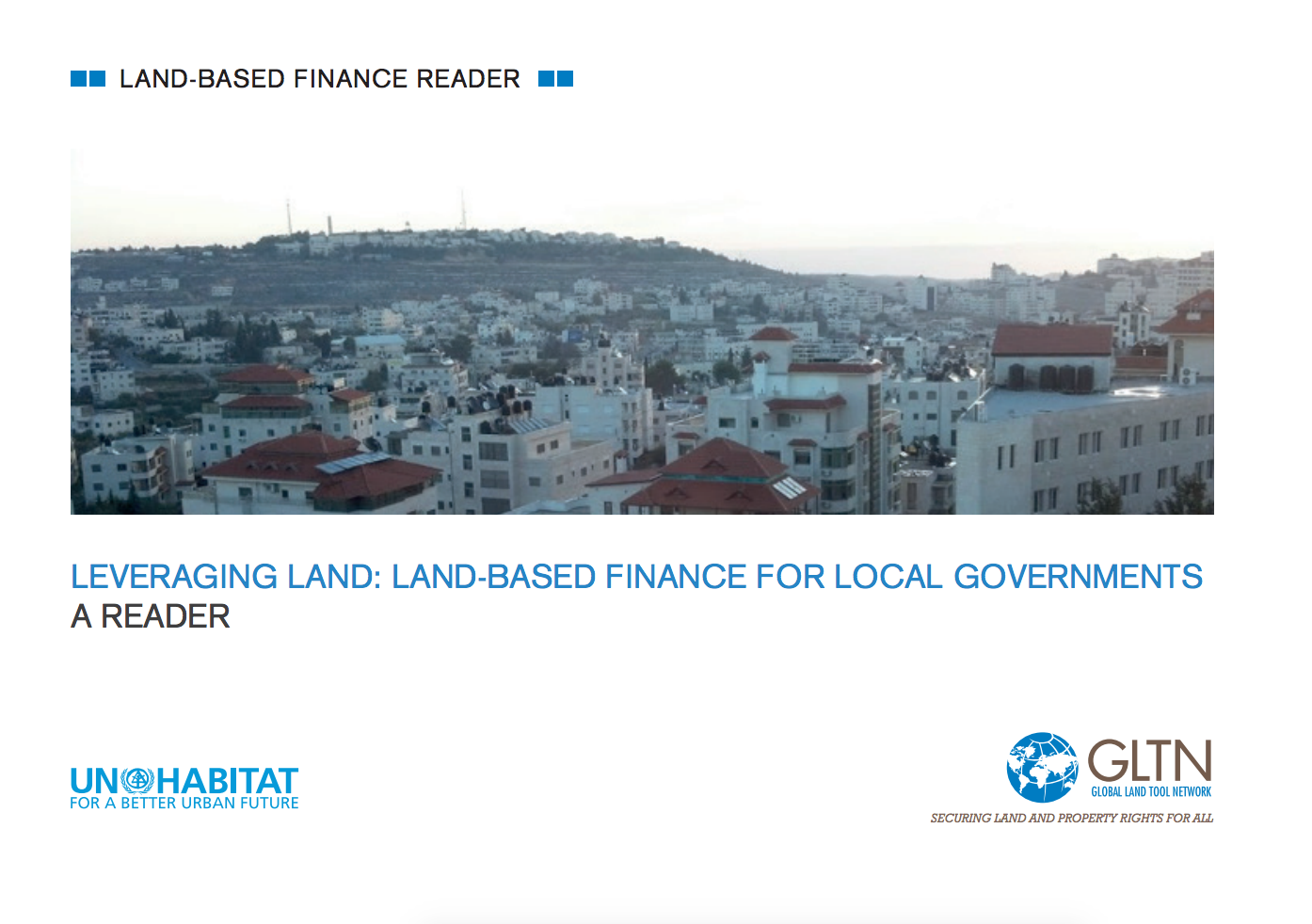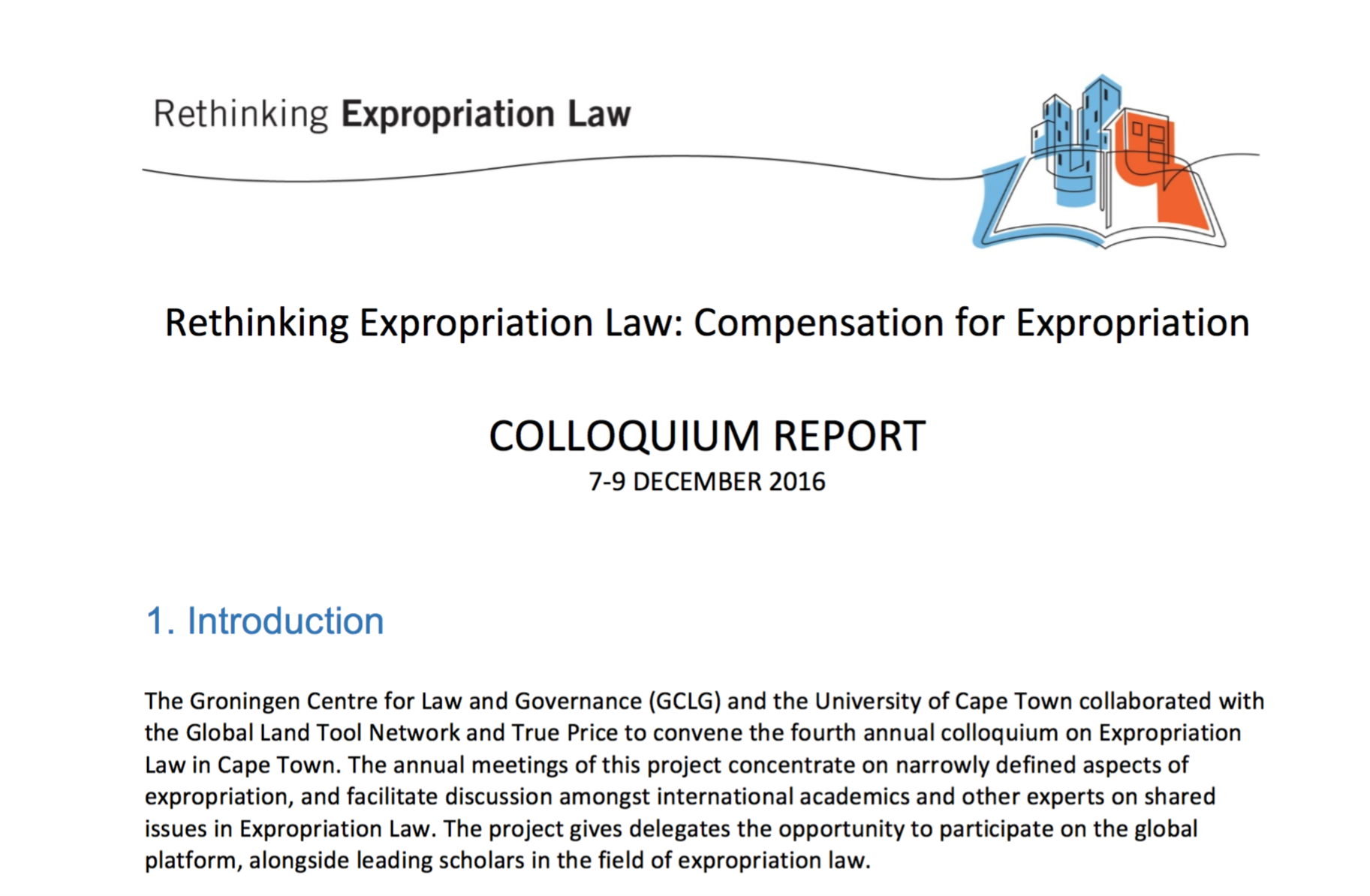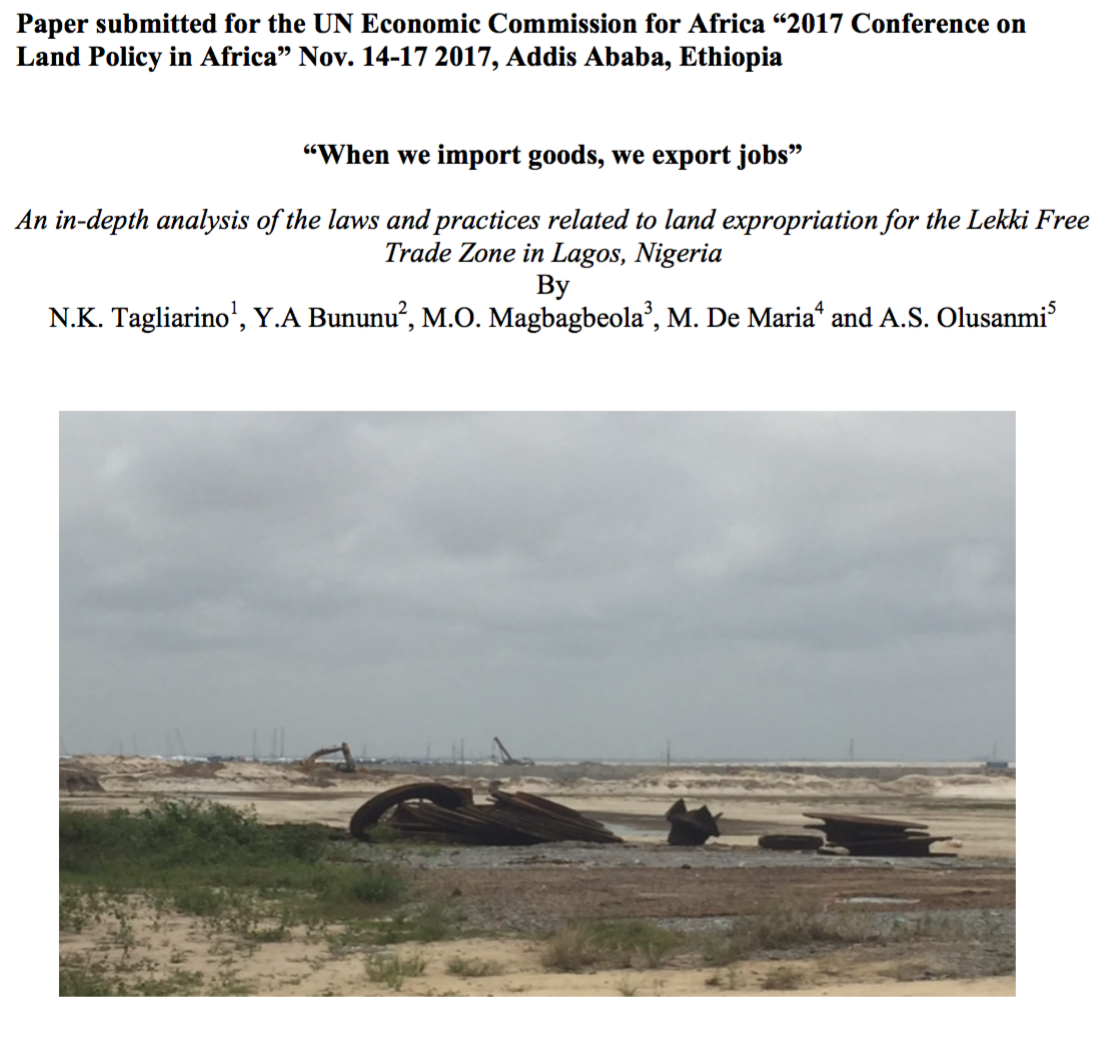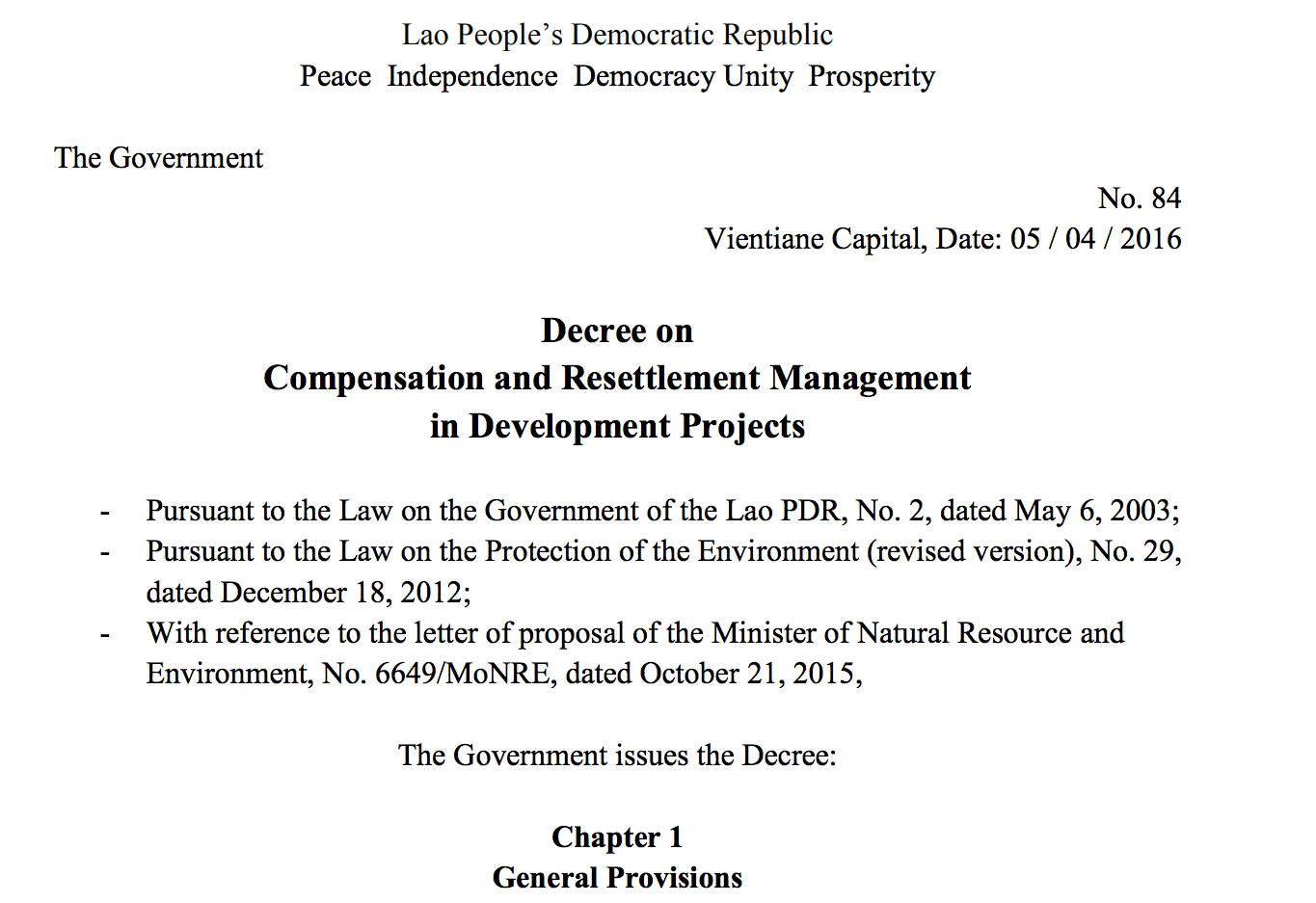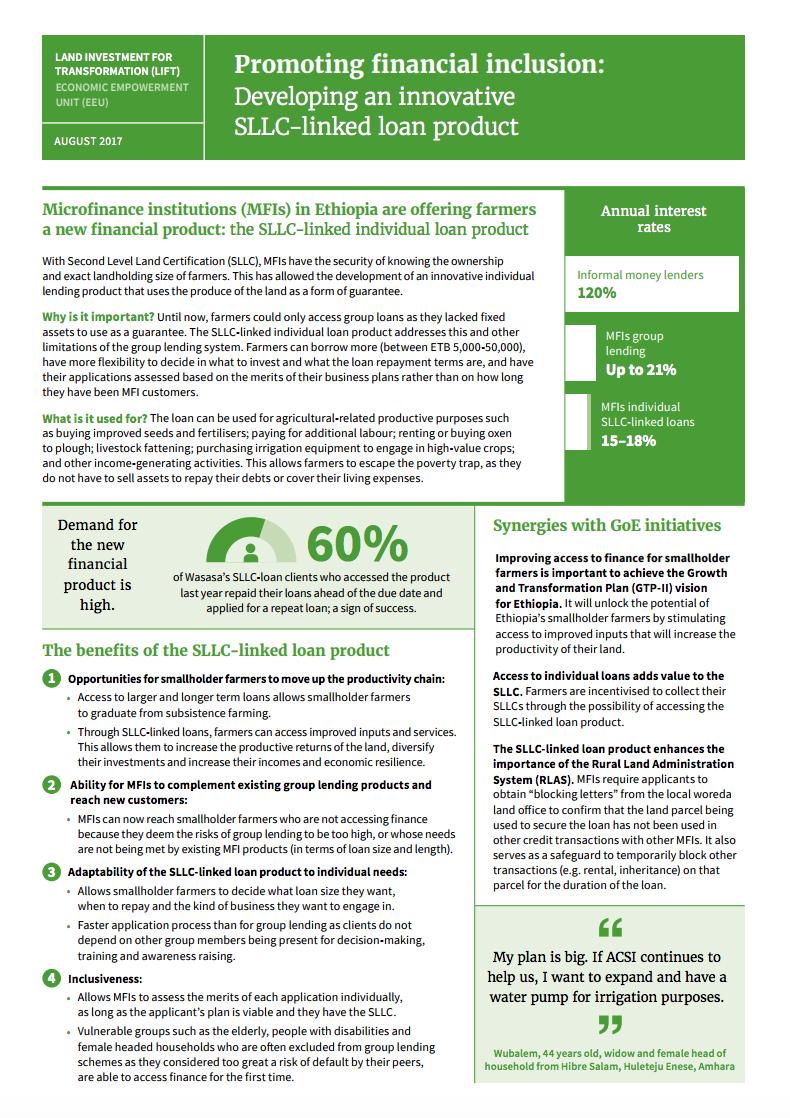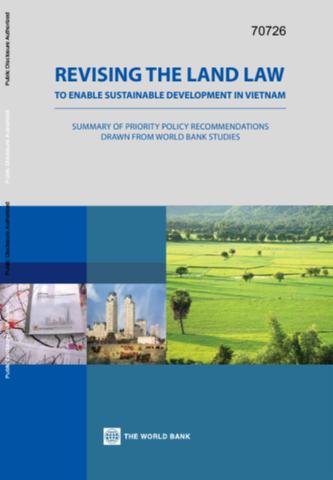LAND GOVERNANCE IN URBAN AREAS CASE OF NAIROBI CITY COUNTY
Globalisation and urbanisation trends in developing countries present both opportunities for growth and development on one hand while contributing to the complex myriad challenges of managing urbanisation on the other hand. Cities and urban areas play a critical in the development of a country. They provide platforms that incorporate intense combination of economic, cultural and political factors of a country or region. Nairobi city is Kenya’s economic capital and is a major economic hub in Africa.


